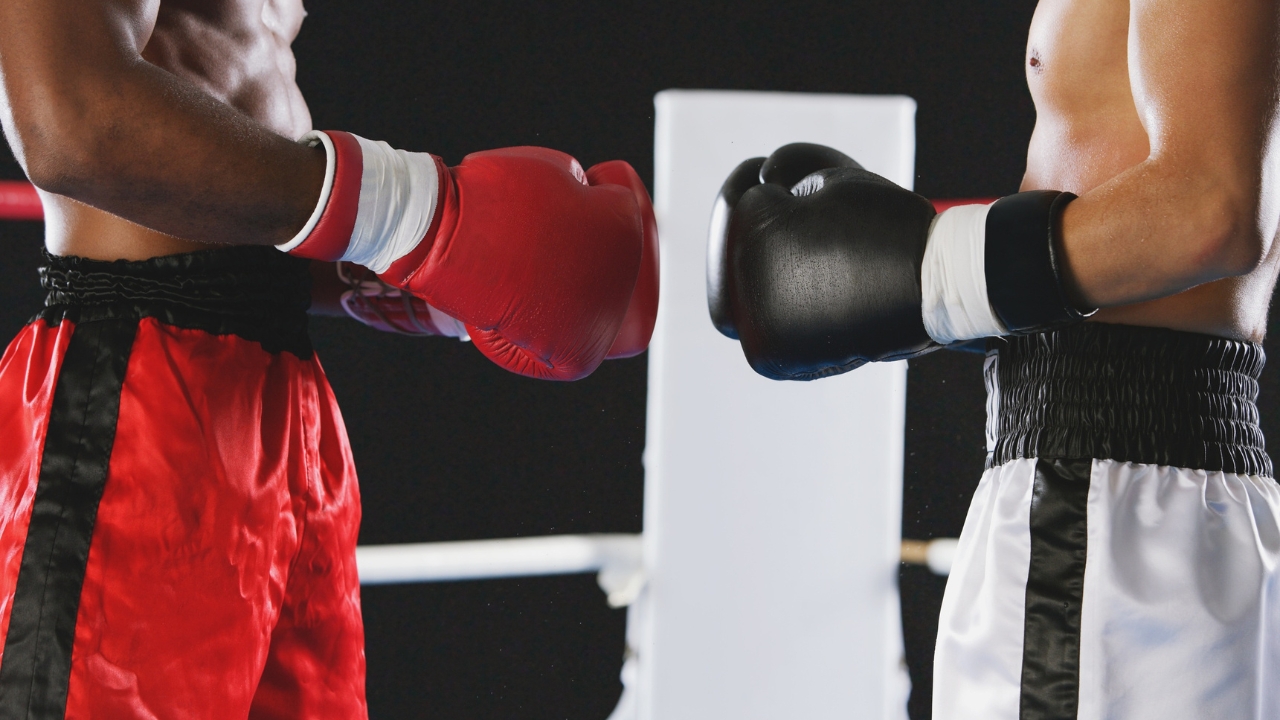
Instagram and YouTube Built “Addiction Machines,”
A California trial alleges Instagram and YouTube engineered addictive features harming a child’s men

Every sporting event has its defining moments, and the Canada Summer Games 2025 provided plenty. Yet among all sports, wrestling stood out as a discipline where passion, skill, and determination met in every bout. The wrestlers stepped onto the mats not just as competitors but as symbols of resilience and ambition. Their victories, struggles, and the roaring support they received reflected the deeper spirit of Canadian sport.
Wrestling as a Pillar of the Canada Summer Games
The Canada Summer Games have always been more than an athletic competition. Since their creation in 1967, the Games were designed to bring together young athletes from all provinces and territories, building national unity while encouraging grassroots development. Every two years—alternating between Summer and Winter—the Games provide a platform for rising stars.
Wrestling, in particular, has been a constant highlight. Rooted in Indigenous traditions and strengthened by immigrant communities from Eastern Europe, the Middle East, and Asia, wrestling in Canada carries layers of cultural heritage. It is both a combat sport and a discipline that teaches discipline, self-control, respect, and courage. This makes its prominence in the Summer Games all the more meaningful.
Setting the Stage: Wrestling at the 2025 Games
This summer’s Games brought together hundreds of young wrestlers from across the nation. The mats were spread with provincial flags waving proudly, fans filling local arenas, and coaches guiding strategies with careful intensity. It wasn’t only about grappling or pinning—it was about craft, technique, and mental endurance.
The opening matches immediately revealed a competitive spirit. Ontario, Alberta, Quebec, and Manitoba established early leads in their medal pursuits. The variety of weight categories ensured inclusivity, giving both lighter and heavier athletes chances to shine. For many spectators, the drama of wrestling created as much excitement as popular sports such as basketball and athletics.
What stood out was the sheer balance of strength and intelligence. Moves were precise, and the matches displayed how technical wrestling has become at the youth level. Many athletes who once looked up to world champions were now enacting similar tactics themselves.
Notable Performances and Provincial Standouts
While the podium saw multiple winners, a few provinces gained headlines for their dominance:
Ontario’s team delivered with consistent quality. From the early rounds, their wrestlers secured technical points in almost every category. Parents and supporters celebrated their relentless spirit, calling them “the engine of the Games.”
Alberta emerged as the other wrestling stronghold. Their wrestlers combined raw energy with well-planned strategy. For Alberta, these victories add to a growing reputation for developing some of the nation’s top fighters across combat sports.
Quebec and Manitoba also had star performers who broke through tight competition, showcasing grit and surprising many with their medal finishes.
It’s important to stress that while medals define statistics, the broader achievement was the collective showcase of wrestling talent nationwide. Even athletes who did not reach finals displayed endurance that reflected years of practice, early morning training sessions, and community support.
Beyond Victory: Stories of Resilience
Every medal has a story. For some wrestlers, stepping onto the mat was already a triumph after months of injuries or personal setbacks. Coaches and team officials recalled moments when athletes doubted their abilities, yet they pushed through.
One competitor from Atlantic Canada spoke about traveling long distances just to find advanced training partners in smaller towns. Another young wrestler revealed how her family crowdfunded to afford training gear. Each of these behind-the-scenes realities proved that wrestling success is not an isolated event—it is the result of constant sacrifice.
This makes the victories sweeter. Standing under the lights with a medal around the neck validated not only the athlete but also families, trainers, and communities behind them.
The Role of Wrestling in Youth Development
Why does wrestling matter so much to the Canada Summer Games—and to Canada itself? The answer lies in what it teaches young people. Unlike many sports focused purely on athletic glory, wrestling instills life lessons:
Discipline and resilience: Wrestlers learn to manage weight, train daily, and remain mentally focused. These are skills that extend to academics and career paths.
Confidence and leadership: Facing an opponent alone builds courage. Athletes emerge from the mat stronger as individuals.
Respect and unity: Despite the competitiveness, the sport emphasizes respect for opponents, referees, and traditions. Handshakes and bows are as integral as throws and pins.
Inclusivity and opportunity: Wrestling welcomes athletes from diverse cultural, social, and physical backgrounds. Its relatively low cost compared to equipment-heavy sports makes it more accessible for communities.
Through these values, wrestling is not just producing champions; it is shaping responsible, confident citizens.
Wrestling and Canada’s Cultural Diversity
One remarkable element in Canadian wrestling is its multicultural roots. Wrestling is one of the few sports that almost every culture practices, whether as Greco-Roman, freestyle, or traditional variations. Canada, with its diverse immigrant base, benefits from this global connection.
At the 2025 Games, athletes with family roots in India, Iran, Ukraine, Nigeria, and Indigenous First Nations proudly represented provincial teams. This diversity enriched the atmosphere, showing how sports can bring together distinct identities into a shared Canadian tapestry.
This also underlines wrestling’s ability to act as a bridge. On the mats, backgrounds disappear, and only skill and determination matter.
The Road Ahead: From Canada Games to Olympic Dreams
For many of the 2025 competitors, the Summer Games are not the final stop but a starting point towards bigger arenas. Wrestling remains a crucial path toward national championships, international tournaments, and Olympic Games.
Historically, Canadian wrestlers like Daniel Igali (2000 Olympic gold medalist) and Erica Wiebe (2016 Olympic champion) used similar small‑scale competitions as stepping stones to global recognition. The young winners of 2025 may very well be tomorrow’s Olympic hopefuls.
Sports officials at the Games reaffirmed their commitment to providing these athletes with pathways, scholarships, and funding support. For Canada’s sporting reputation worldwide, nurturing this new wave of wrestling talent is both a necessity and an opportunity.
Wrestling and Community Spirit
The impact of wrestling success goes beyond individuals; it energizes entire communities. Families travel across provinces to watch their children compete. Schools invite medalists to speak and inspire students. Community clubs receive boosts in membership after seeing local heroes perform on big stages.
Even through economic challenges, wrestling programs sustain themselves with volunteer coaches, parents, and local sponsorships. Victories at the Games give these smaller efforts validation. They show that grassroots commitment really can lead to national recognition.